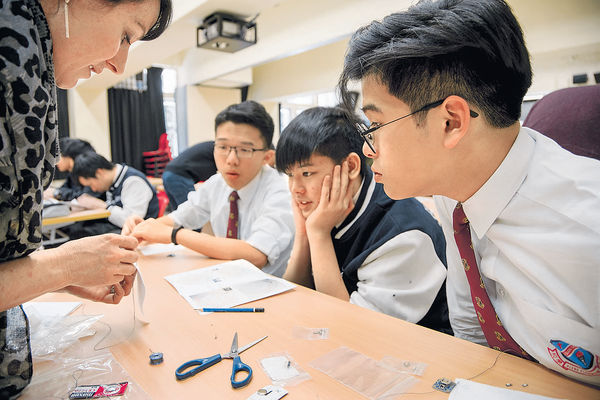Demystify Chinese International Students: Who Are They, Their Family, My Observations

The Appeal of Studying in America
Studying in America holds enduring appeal, rooted in historical perceptions of prestige and modern-day societal pressures. In the 80s and 90s, only the crème de la crème of students received government funding to study abroad, solidifying the United States as a symbol of success. While most families now finance their children's education privately, the aura of elitism persists, shaping the desirability of American education.
The stringent one-child policy amplifies the stakes for success in China, intensifying competition for coveted spots in local universities. With acceptance rates as low as 0.1-2% in top Chinese universities, studying in America offers a path to evade fierce local competition while maintaining an esteemed status, shielding students from the stigma of failure.
Family Background and Financial Status:
Chinese students venturing for undergraduate education at institutions like UCI often hail from upper-middle-class families in China. These families typically possess assets ranging from $3 million to $10 million. Parents in these households commonly hold elite positions such as executives, directors, doctors, or own substantial businesses. Although some might have government affiliations, direct involvement as officials is less common. Education is paramount in these families, with parents willing to invest substantially in their children's success.
Studying Costs at UCI and Lifestyle Choices:
The annual cost of studying at UCI for Chinese students hovers around $80k. Remarkably, most families can afford this expense outright, allowing students to graduate debt-free and, for some, enjoy a comfortable lifestyle. However, due to financial constraints imposed by exchange control policies, luxury purchases like Lamborghinis are rare. Chinese students typically drive cars within the $40k to $80k range, as cash payments are the norm due to limited credit history in the US.
Pre-College Preparation:
The journey to American colleges begins early for Chinese students, often during middle school. Families invest in private English tutoring and frequently enroll their children in international high schools with curricula mirroring that of American counterparts. Some students even attend American private high schools, as public institutions primarily admit local students.
Navigating Challenges and Stereotypes:
While international students occasionally resort to cheating, it's not as pervasive as popularly believed. Challenges also include stereotypes like exclusive use of WeChat and sticking to all-international groups. These behaviors often stem from the daunting prospect of language barriers and the need for familiarity and comfort. As students acclimate, they gradually integrate into diverse social circles, demonstrating the transformative power of time and understanding.